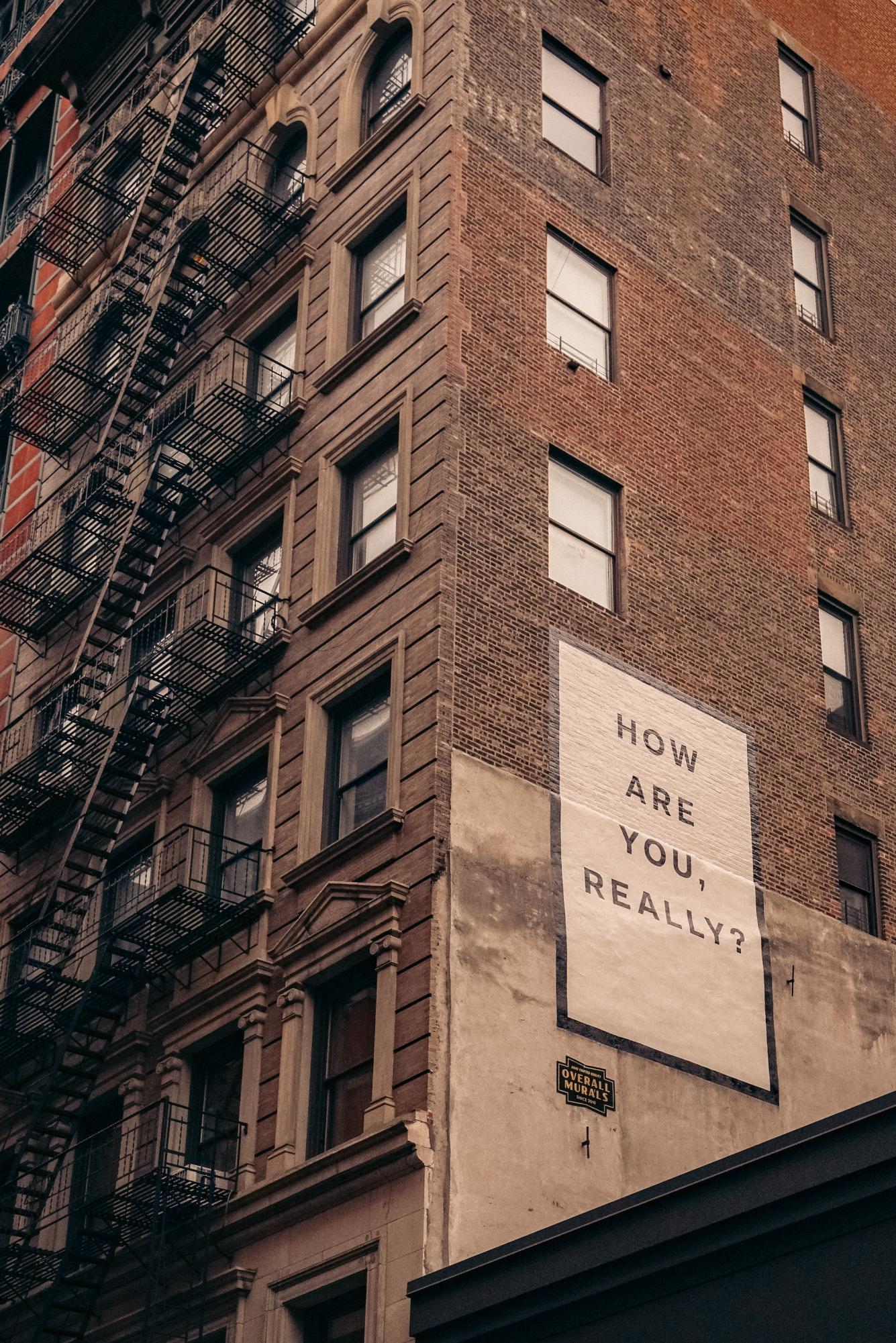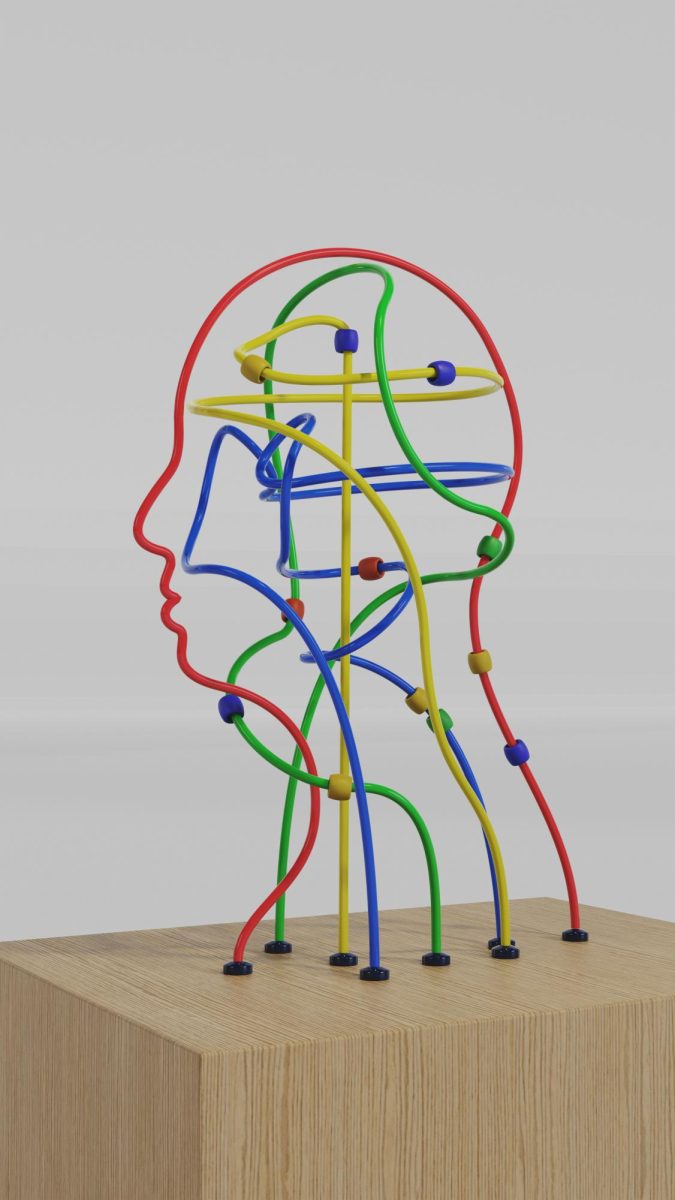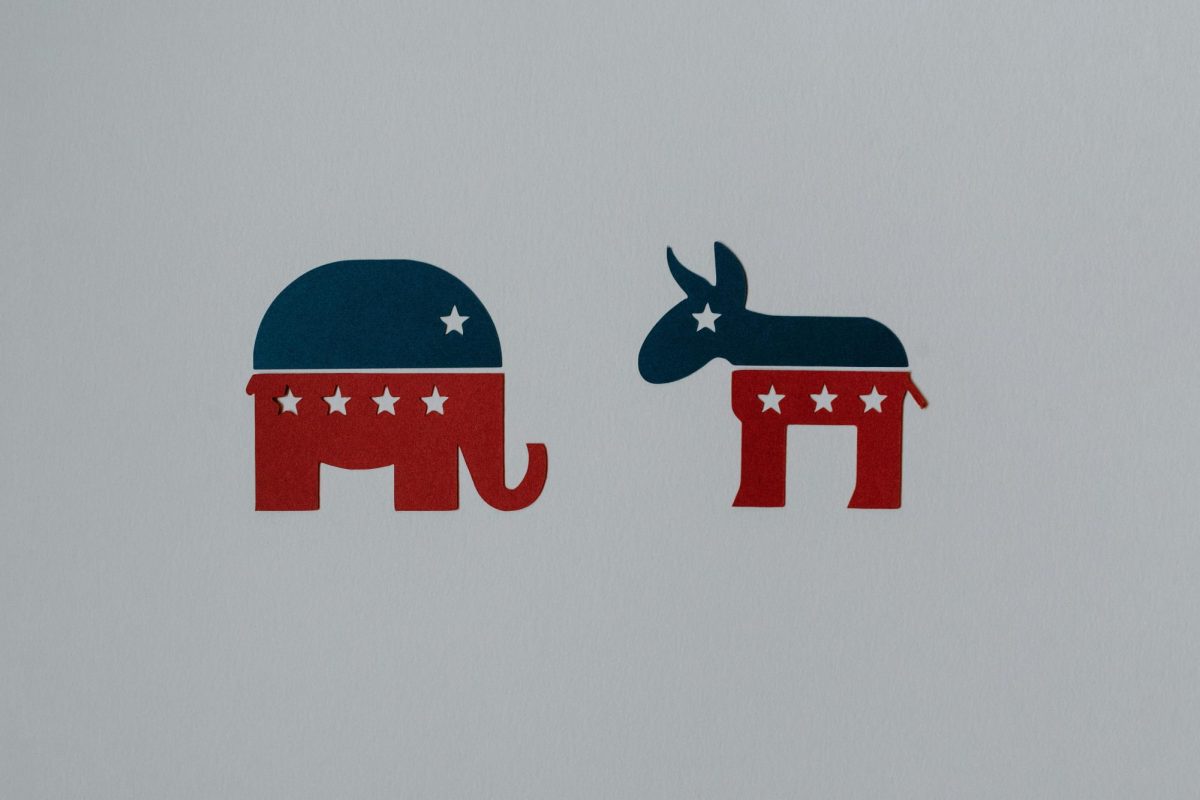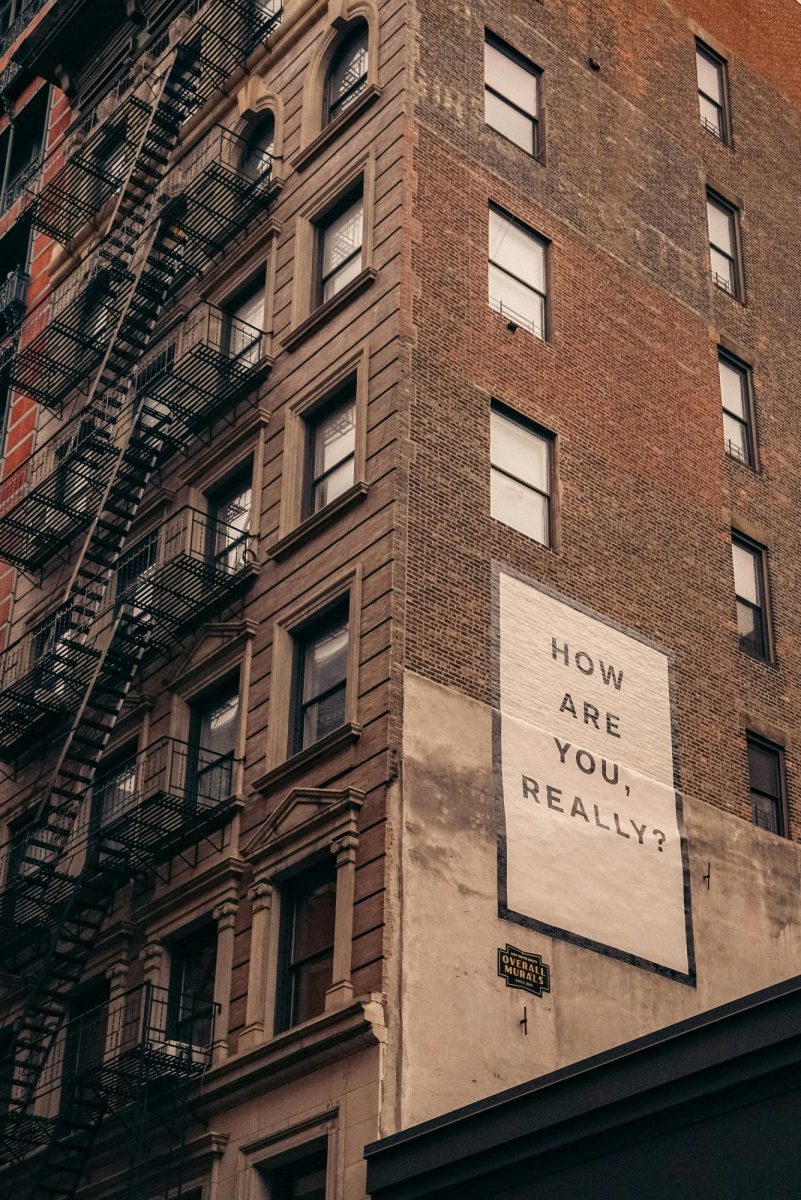(This story was originally published in The Elevator in June, 2023.)
Oregon City, Oregon, May 17th, 2023 – In the spacious cafeteria of Oregon City High School, a few tables are turned into booths, set up with mental health resource fliers from LGBTQ+ support to supporting those grieving over lost ones. There are also pins, stickers, buttons, and coloring sheets all promoting support and awareness of mental health and its challenges.
Like other schools in Oregon, Oregon City High School works in supporting its students in facing one of life’s many challenges: mental health.
According to the National Institute of Mental Illness, one in every five U.S. adults or about 57.8 million people lived with a mental illness in 2021.
In the stressful world of today, mental health appears to have become more of a common topic in conversation and media.
According to Dr. Ashley Bauer, a mental health and substance abuse therapist who works at Base Behavioral Health in Beaverton, Oregon, “Either more people are experiencing mental illness or more people are being more comfortable with sharing that they’re struggling with mental illness. But it’s definitely increased based on those two reasons.”
The Stigma Surrounding Mental Health
The topic of mental health has had a trail of stigma following it throughout time.
Events like the pandemic have proven that if people do not talk about a problem, it does not go away.
Some stigma comes in the forms of myths. According to Bauer, some myths have been that if people have mental health issues, they are “not normal” or that “only homeless people have mental illness.”
These “stigmas isolate people” and create more obstacles for people to try and get help said Bauer.
Oftentimes, it can result in people waiting for far too long to get help, said Psychiatrist Dr. Erik Vanderlip, chief medical officer for ZoomCare in an interview in a news article by KGW8.
The stigma surrounding mental health has often prevented people from using resources around them. “The stigma is huge, it’s real,” said podcast host of Mentally Together and former KGW reporter, Cassidy Quinn in an interview in a news article by KGW8.
However, the more people talk about their mental health, the weaker the stigma will become, said Quinn.

Teens, Social Media, and Mental Health: Oh My!
In the ever changing world of today, there are many stressors that contribute to the mental health of society and its youth.
For teens, some of these stressors could be the political environment, climate change, or social media, Bauer said.
Teens often try to be just like the perfect versions of people they see on social media and struggle with their identities, Bauer said.
Teens “are not like little adults,” said the United States surgeon general, Dr. Vivek Murthy in an interview in an article by the New York Times. “They’re in a different phase of development, and they’re in a critical phase of brain development,” he said.
In teenage years, “when identities and sense of self-worth are forming”, teenage brains are “susceptible to social pressures, peer opinions and peer comparison,” wrote Dr. Murthy in a 19 page advisory.
Social media is not completely bad since it does “allow for some creativity and some connection,” said Dr. Mike Franz from Behavioral Health for Regence Blue Cross Blue Shield of Oregon in an interview with KGW8 News. “There’s increasing evidence that over the pandemic in particular, the use of social media led to such issues as cyberbullying and really idealistic images that weren’t realistic in regard to body size, body type,” he said.

What Resources are Available Now?
Oregon is one of the lowest ranking states in access to mental health resources according to Mental Health America.
“It’s a national issue, but it’s also a specific Oregon issue,” said Franz in an interview with KGW8 News. “In fact, it’s even worse in Oregon,” he said.
While Oregon may struggle in its lack of resources to support mental health, some people may ask ‘what could be contributing to this issue?’
“One thing that is a huge barrier that has always been a barrier is insurance. So insurance companies are probably the biggest barrier for people receiving services depending on what type of services they need, “ said Bauer.
The Future of Mental Health
The future of the state of mental health is uncertain as it changes along with society. Even if people can’t prevent the decline of mental health, there are a few ways that they can help support those who suffer from mental illness.
“I think that there is a lot of pieces that is going to influence if it’s gonna get better. I don’t have a lot of hope in that sense because of that,” said Bauer
Increasing access to resources and support to more people could help support them in their times of need.
Another, more simple solution could be talking to each other.
“Share about yourself,” said Bauer. “Acknowledge people you know who are struggling. Ask yourself, ‘If I was struggling, what would I want someone to do for me?’” she said.
If you or a loved one struggles with mental health, please call or text 988 or go to https://988lifeline.org/ for the Suicide and Crisis Lifeline for support.
For teens struggling with mental health and looking for support, please Call 1-877-968-8491, text “teen2teen” to 839863 or go to https://www.theyouthline.org/








